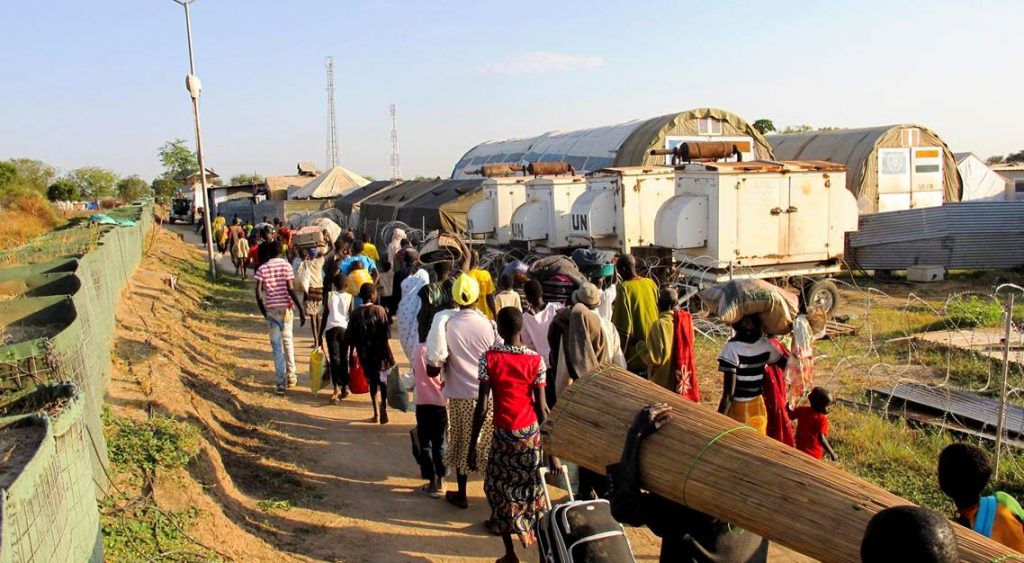ICRC- Fletcher Joint Lab

In September 2014, The Fletcher School partnered with International Committee of the Red Cross (ICRC) in a Joint Lab, which aimed to identify long-term strategies and practical approaches to address the vulnerabilities of migrants affected by armed conflict and other situations of violence, with a special focus on migration flows through the Sahel region and North Africa. The initiative used empirical methods to understand the characteristics and needs of conflict migrants and to support a dialogue on building a more comprehensive humanitarian response.
This was a joint endeavor between the two parties. The ICRC sought a comprehensive overview of migration flows in the Sahel region and North Africa to inform operational planning and decisions, while The Fletcher School sought to understand how policy transformation occurs in a large humanitarian organization. Both Fletcher and ICRC worked together on applied research, using analysis of primary and secondary migration data to inform humanitarian response choices. This required research into regional migratory flows; policy deliberations on the needs of conflict migrants and gaps in response; networking within the ICRC and between academic, practitioner and policy stakeholders; and the development of recommendations for action in such situations.
For the first year of this partnership, the Joint Lab focused on the migration flows through the Sahel region. Faculty and students at The Fletcher School conducted a desk review, which was presented to the ICRC at a workshop on December 8, 2014. A second workshop was held on March 12, 2015, which brought together other potential partners, including academics and practitioners, to address the challenges and dilemmas of conflict migration in the Sahel.
For Phase II of the the Joint Lab, Fletcher researchers traveled to Senegal in Summer 2015 to better understand the protection gaps and vulnerabilities of Senegalese migrants and returnees in order to help the ICRC define its action and further engagement on migration issues, particularly linked to its support to families of missing migrants.
The research team finalized a report based on the field assessment. The report included policy recommendations to address the vulnerabilities of migrants in Senegal, as well as in other countries in the Sahel.
